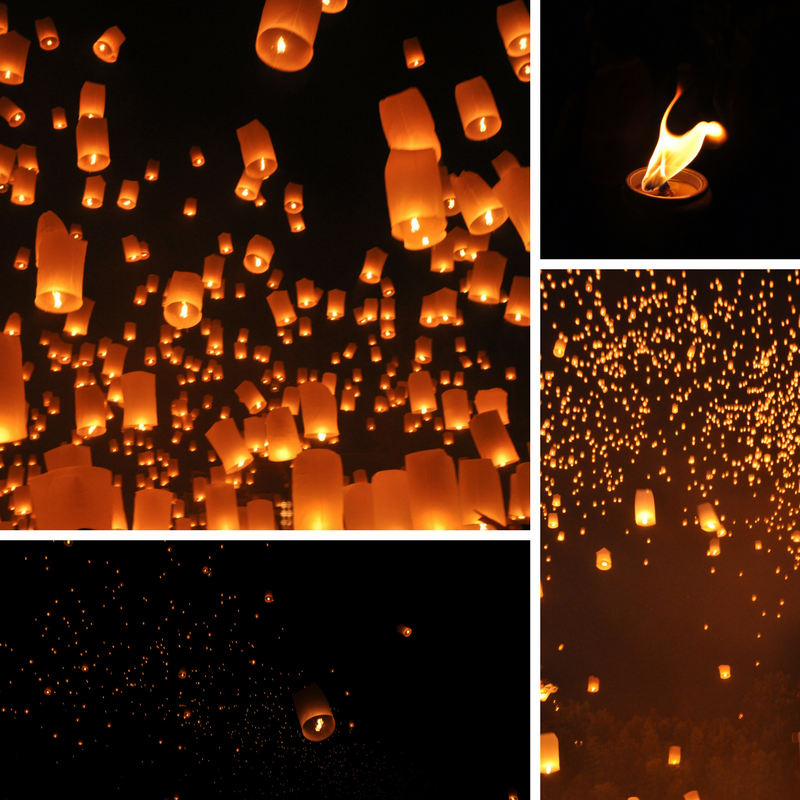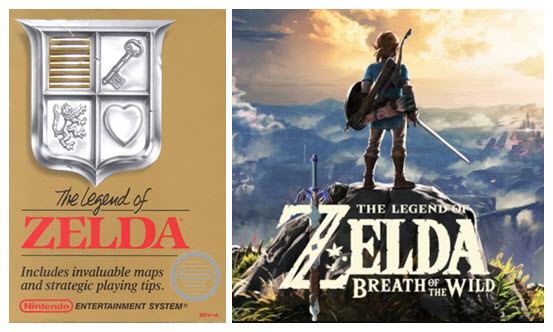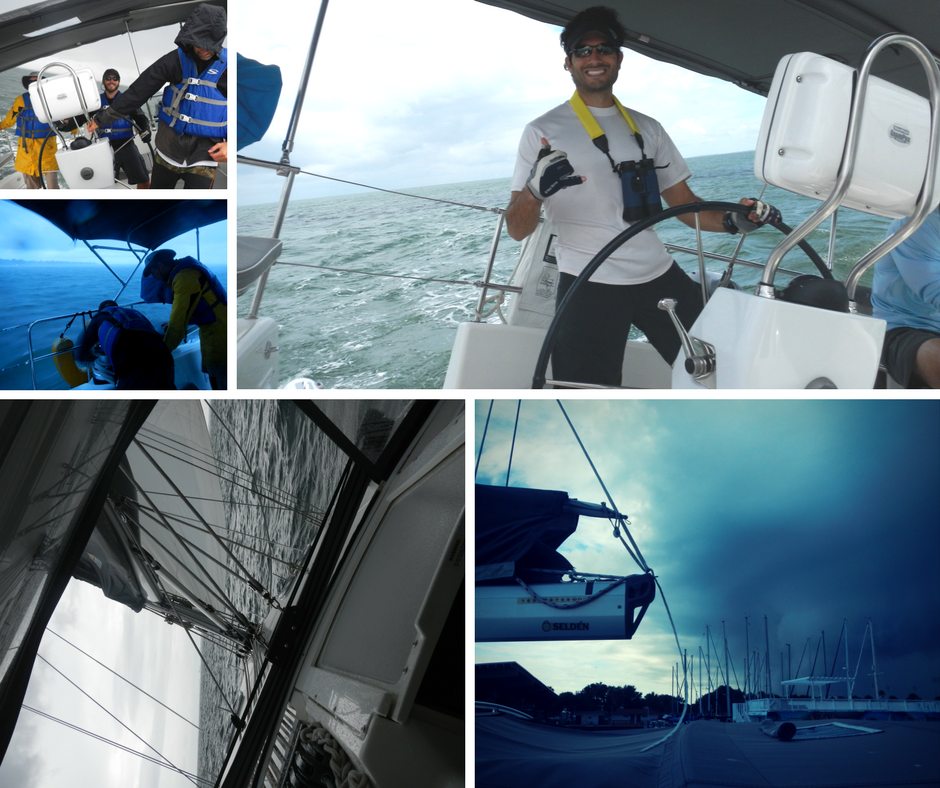
“Take the first step in faith. You don’t have to see the whole staircase. Just take the first step.”
– Dr. Martin Luther King, Jr.
I recently came across a statement by author and performance coach Jack Canfield where he expanded on Dr.King’s quote:
“Think of a car driving through the night. The headlights only go a hundred to two hundred feet forward, and you can make it all the way from California to New York driving through the dark, because all you have to see is the next two hundred feet. And that’s how life tends to unfold before us.”
In 2011 my wife and I decided we were going to adventure our way through northern Thailand to find and attend one of the most elusive cultural festivals in the world: Yi Peng. If you’ve ever seen a travel guide or sales brochure with the picture of a night sky full of floating lanterns, that is Yi Peng. Like all great cultural festivals, Yi Peng has suffered commercialism and cheap tourist knock-offs of the celebration can be found all over Southeast Asia. But there is still only one authentic Lanna Yi Peng festival and it can be found in Chiang Mai, Thailand on the night of the first full moon of the second month (‘Yi Peng’) in the Lanna calendar (November in the western calendar). And for anyone with the patience and willingness to roam through a city that doesn’t speak English, following strangers who look at your guide book photo and point toward a barren dirt mound on the outskirts of town, Yi Peng is waiting for you.
Jack Canfield’s visual of a car driving in the dark is powerful because we’ve all had that experience. We were all afraid of night driving when we first started driving, and we all see it as second nature over time. That journey in 2011 was one of the most rewarding drives in the dark I’ve ever taken. Like Dr. King notes, no great achievement is easily visible from the starting point. Sometimes we have to trust that the next step will become visible only after we take the first step. That first step into the unknown, that blackness just beyond the headlights, is always the hardest.
When you get to Yi Peng, you will see hundreds of strangers gather on the mount with you. The sun sets and darkness collapses around you. Then one by one, small candles ignite and large paper lanterns are handed through the crowd. Families gather together to unfold their lanterns and light the candles that hang at the bottom. They speak their prayers and wishes for a good year out loud and believe they are filling the lantern with the same. And as the candle glows brighter and the hot air fills the lantern, everyone releases their hopes into the sky. And for a while, there is no more darkness. The lights of a thousand dreams blanket the hill and fend off the darkness. As the lanterns float higher and get caught in strong breezes, they are swiftly carried away together to higher altitudes and faraway places. The light fades away and the darkness returns.
What Yi Peng taught me was that we do not need to find lights in the dark before we move forward. Instead, we need to be the lights in the dark that carry our dreams higher.



